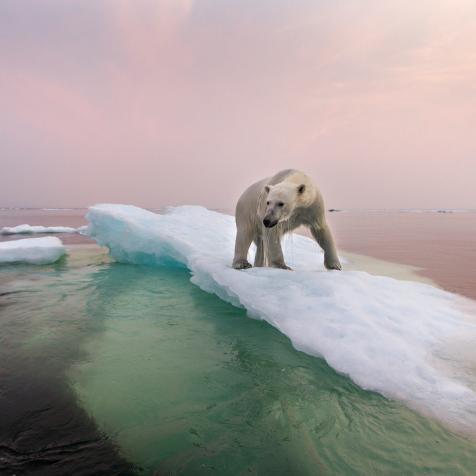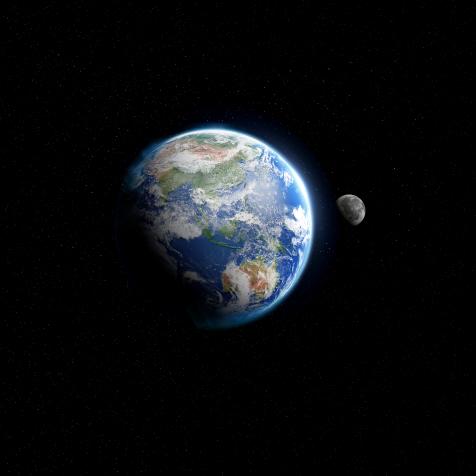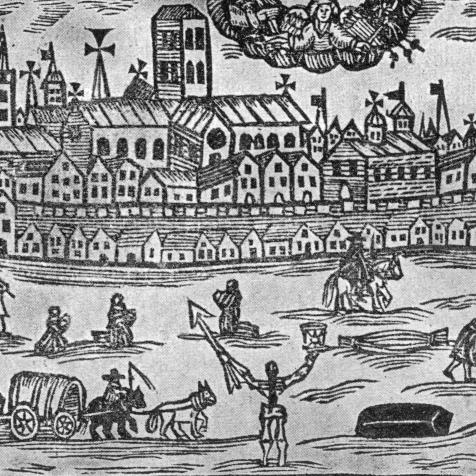
David Merron
What the Missing Antarctic Microbes Mean for Life on Other Planets
Scientists searching for microbes in Antarctica came up with none. What could these findings mean for the possibility of life beyond earth?
Microbes can be invisible to the naked eye, yet they form an integral part of every ecosystem on Earth. From grasslands and deserts to forests and marine habitats, microbes are found all over the planet. Typically, a spoonful of soil can contain billions of microbes.
Scientists, led by ecologist Noah Fierer collected 204 soil samples near Antarctica’s Shackleton Glacier. Surprisingly, the samples seemed incapable of hosting life — coming back with no microbes at all.
If confirmed, this will be the first time scientists have found soil that doesn’t support any microbial life. What’s more, experts say these conditions bear resemblance to the surface of Mars — giving researchers a look inside the possibility of life (or lack thereof) on the Red Planet. These findings suggest that an extremely cold and arid climate like that of the sample site may be incapable of hosting life.

c/o NASA/JPL/Malin Space Science Systems
Mars' arid landscape is similar to that of the soil samples taken in Antarctica.
While proving a negative in science is notoriously difficult, this leads to the question — If microbes can’t even survive in this Antarctic climate, what does that mean for life on other planets?
After years of experimenting on the Antarctic soil, Fierer’s team felt confident enough to declare they could not detect life in their samples. While other microbiology experts claim this could be a false-negative, even if there are just a few undetected microbes in the soil —there is still evidence that cold and dry climates pose a significant challenge to life.

Gerald Corsi
The loneliest mountain tops in the world? Antarctic soil near Shackleton Glacier shows no signs of life.
As scientists continue to search for the possibility of aliens, “they will inevitably be forced to walk the line between evidence of absence and absence of evidence.”


















